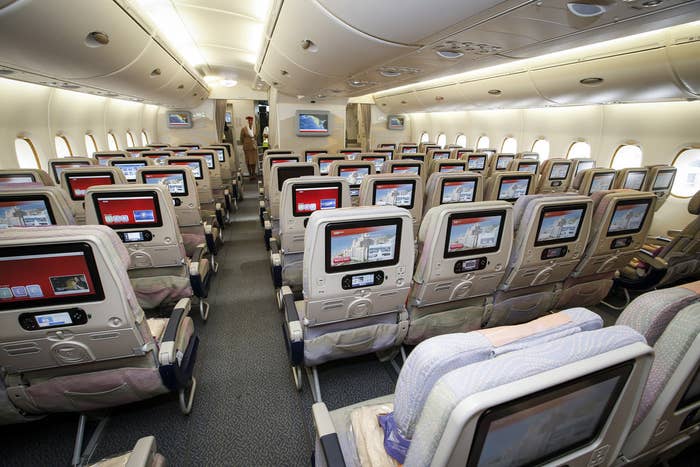
Let's get ready to rumble. Emirates airline president Tim Clark spoke with The National about the big three U.S. airlines that are calling for restrictions on Persian Gulf–based carriers offering international flights to U.S. customers:
"What they should focus on is the appalling state of the US domestic market. It's happened because the big three were allowed to absorb the rest of the industry...
"And they were blind to standards in their own market as well. Have you been on a US domestic flight? It's like travelling with a low-cost bus company. The terminals are full of frightened people sitting on the floors because they've no facilities, being shouted at by airline agents and cabin crew who are stressed themselves because of the working conditions.
"No wonder that the three airlines accusing us figure regularly in the list of the most-hated companies in America."
Those are some fighting words, but they don't come out of the blue. For years now, U.S. and European airlines have complained that the market for international flights has been unfairly conquered by the likes of Emirates, Dubai's state-owned carrier.
Emirates is now the world's largest international airline, although just 15 years ago, it was ranked No. 24). Along with Abu Dhabi's Etihad Airways, and Qatar Airlines, it has shaken up global aviation, particularly in the fast-growing market for flights to and from Asia.
U.S. and European airlines have claimed the Gulf carriers, which are all owned by their governments, get unfair subsidies, access to cheap fuel, and a free ride on labor, human rights, and other standards that draw close scrutiny in the West. In March, a group of U.S. unions wrote an open letter criticizing routine discrimination against women and the LGBT community by the Persian Gulf airlines and their government owners.
In February, the CEOs of American Airlines, United, and Delta said in a joint interview with the Wall Street Journal that the three Gulf airlines have received more than $42 billion in subsidies since 2004. They "are not normal airlines," United CEO Jeff Smisek said in the interview. "They're arms of the state."
